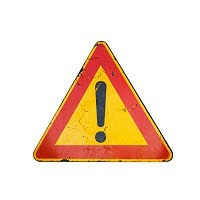Canada Legalizes Cannabis
Posted on June 22, 2018
by Thaddeus Camlin, Psy.D.
The abating cannabis prohibition was dealt a stifling blow this week as Canada became to first G7 nation to legalize the plant. President Trump recently said that he would back a bipartisan bill for federal cannabis legislation reform in the United States. The U.S. bill stops short of federal legalization, but it does protect state’s rights to determine their own laws about the plant. While the headline now is 'Canada Legalizes Cannabis,' it seems that a similar headline for the United States is cooking. Given President Trump’s support of cannabis reform and the legal precedent set by our northern neighbors, it is time to revisit the topic of legal cannabis and its implications for addiction and recovery.
Benefits and Risks of Cannabis
One of the most...
full story









